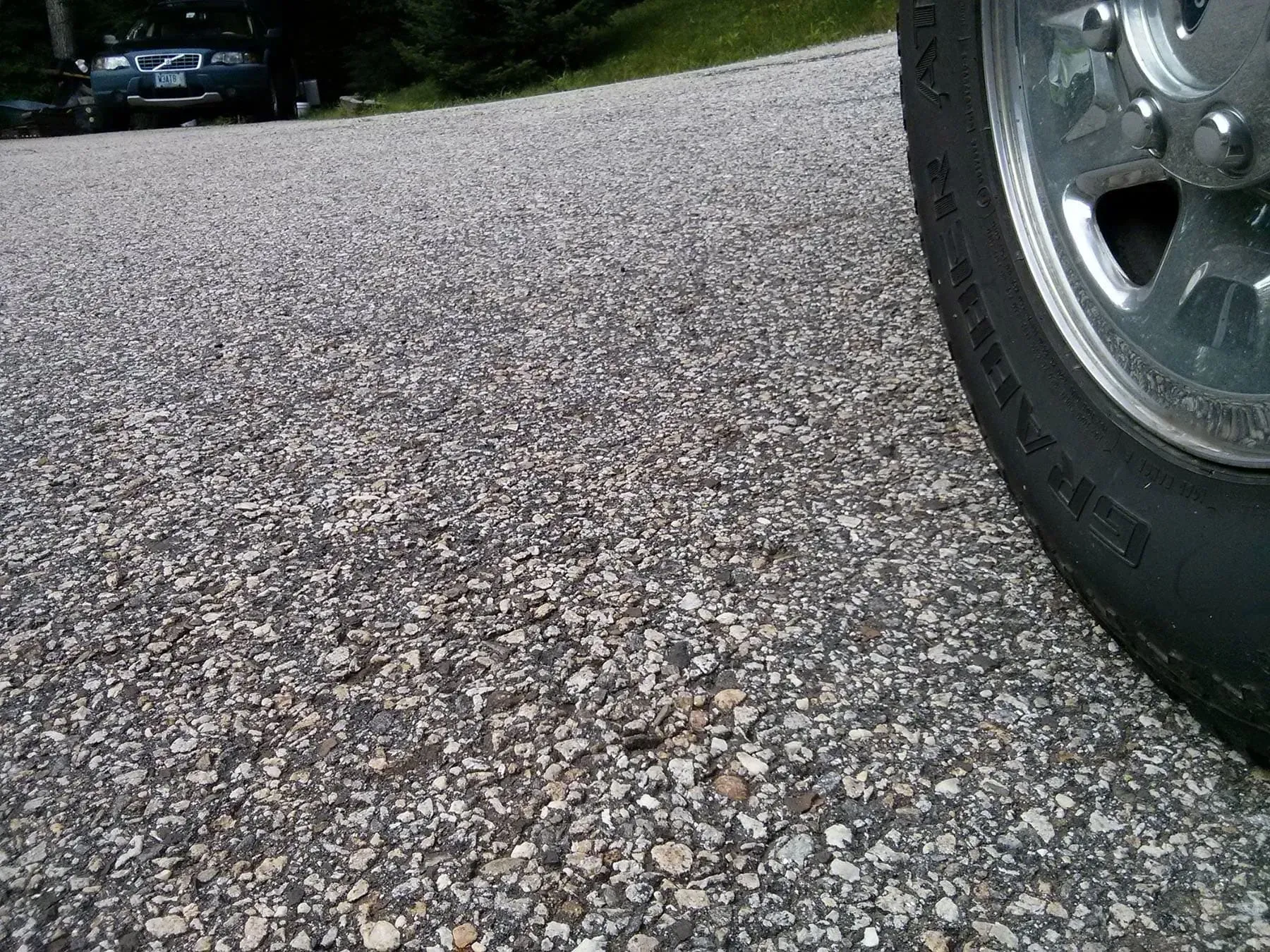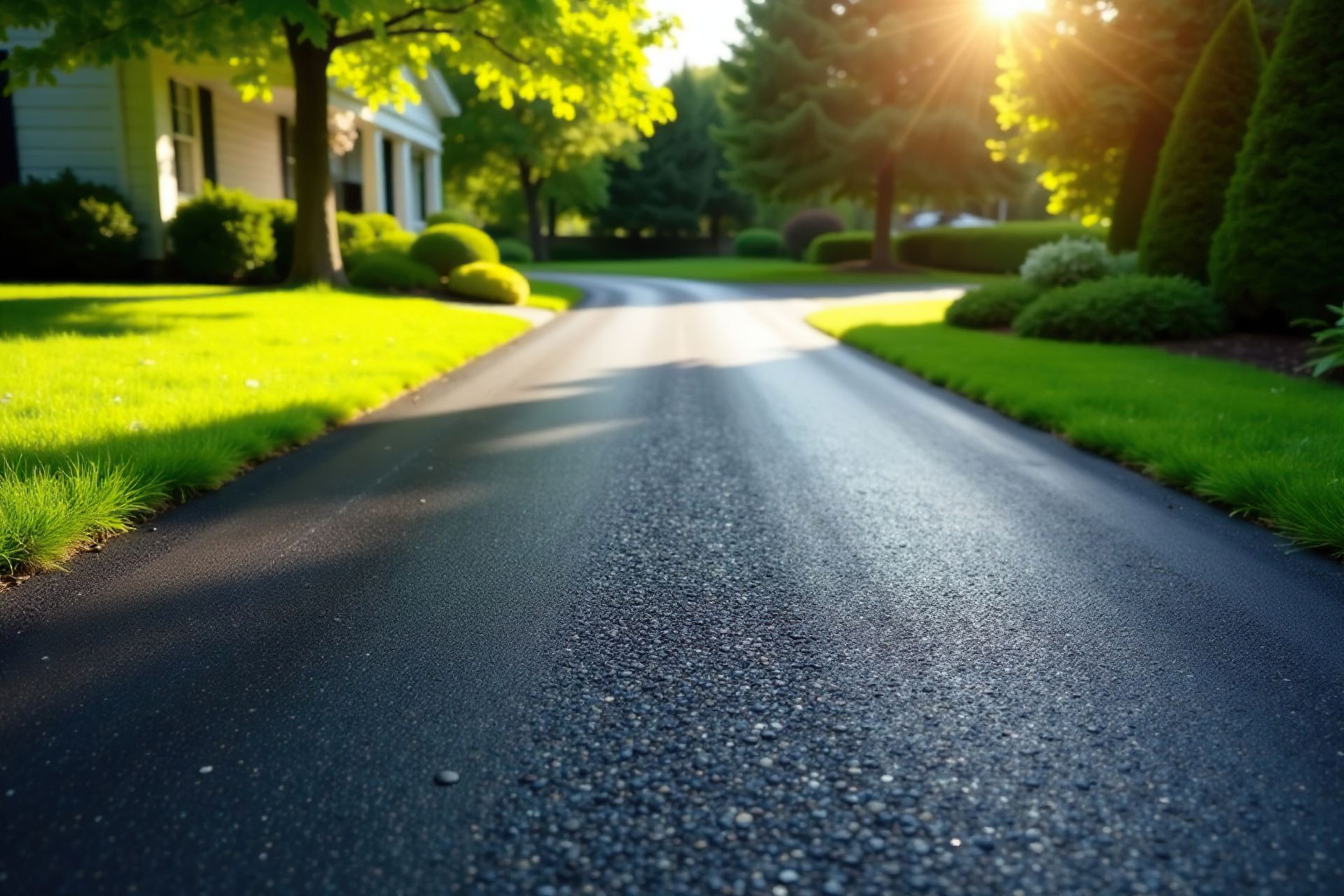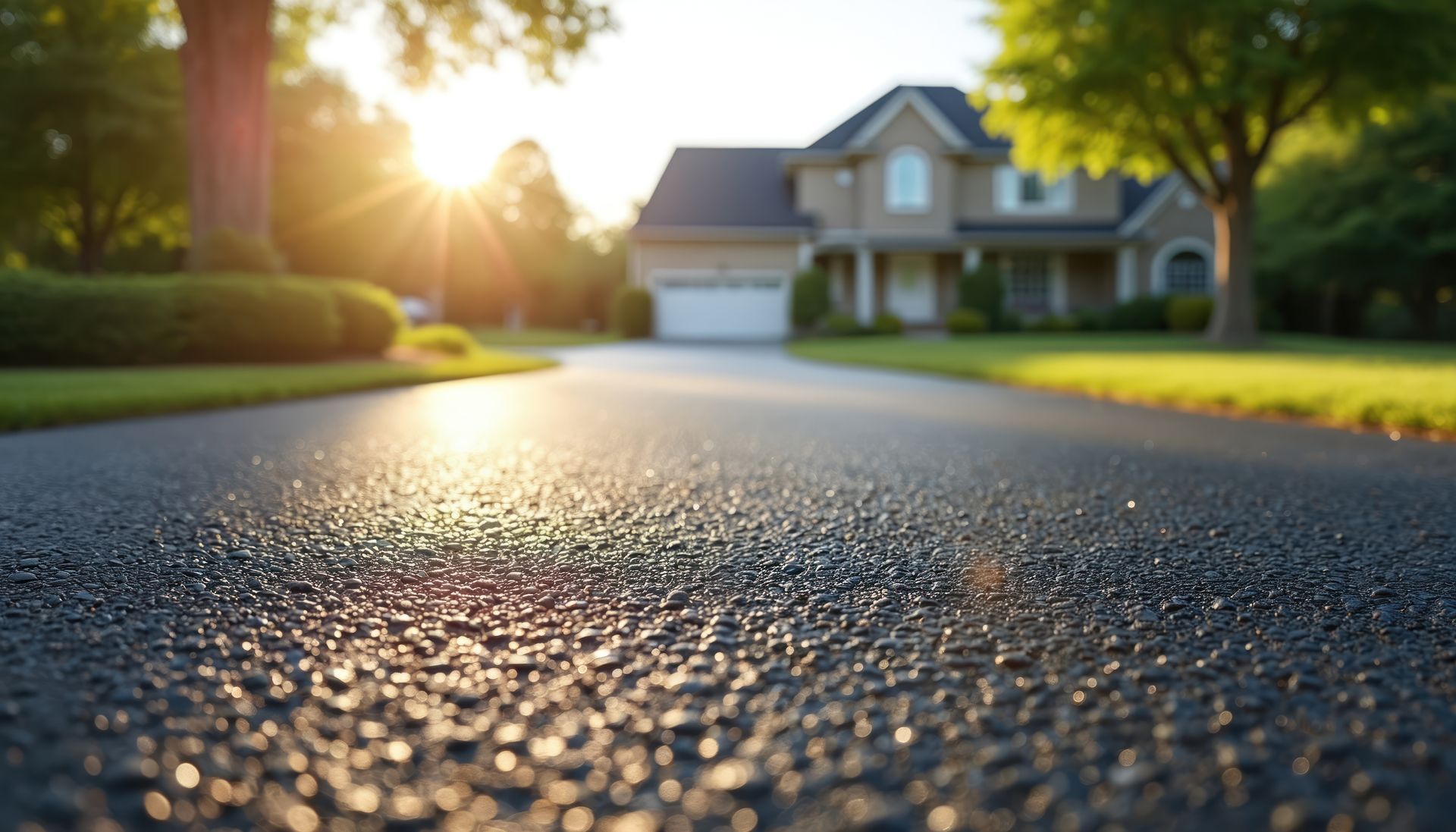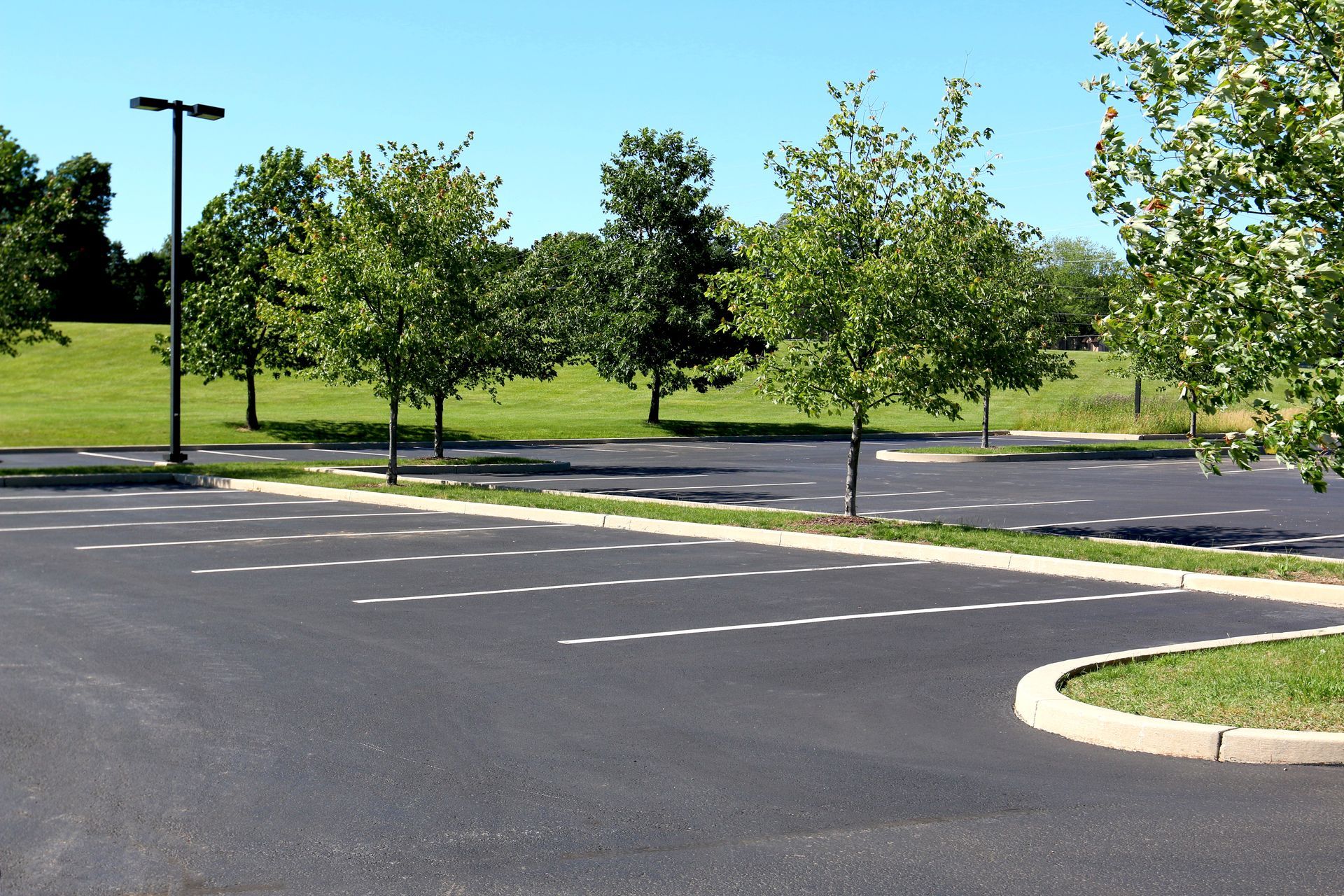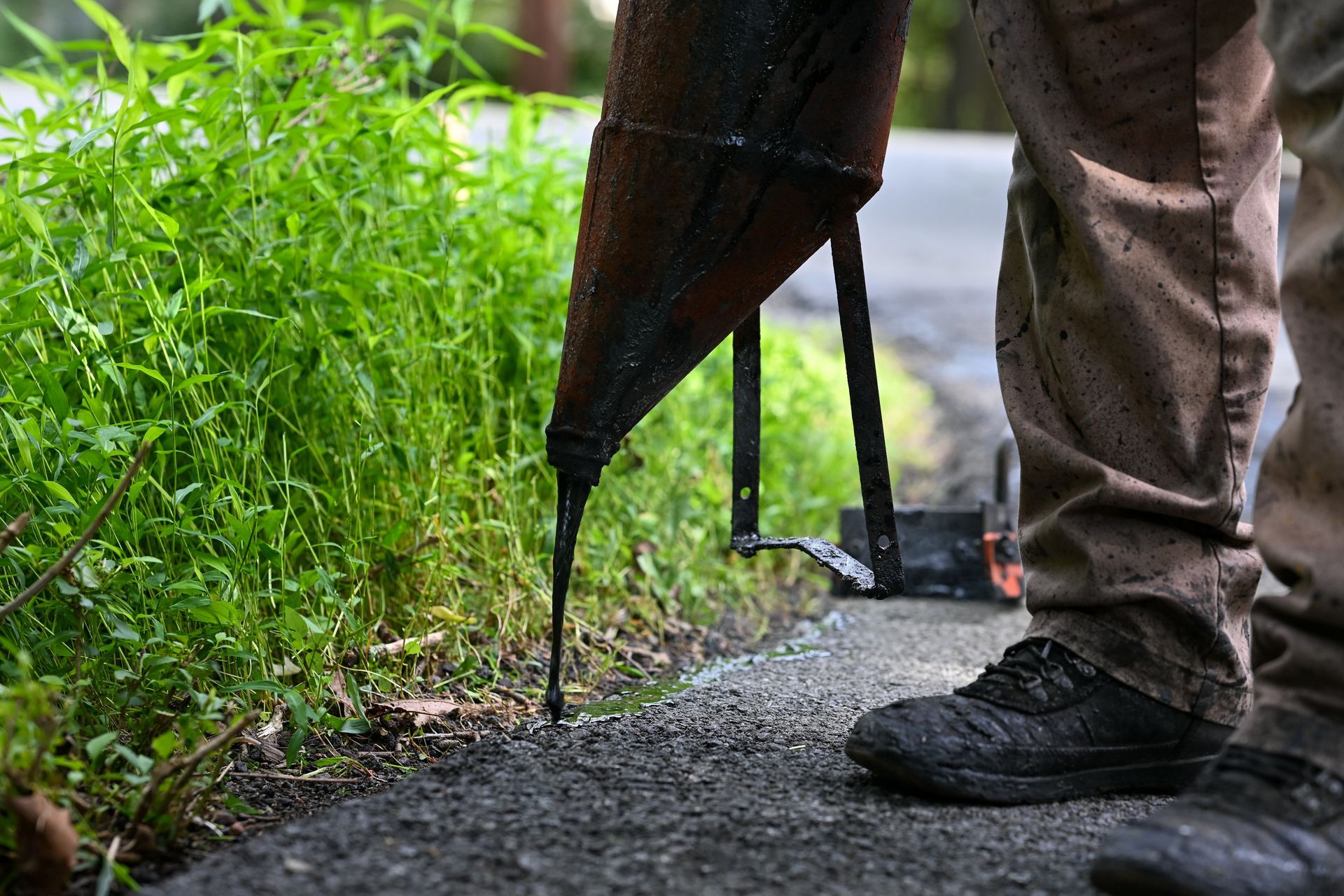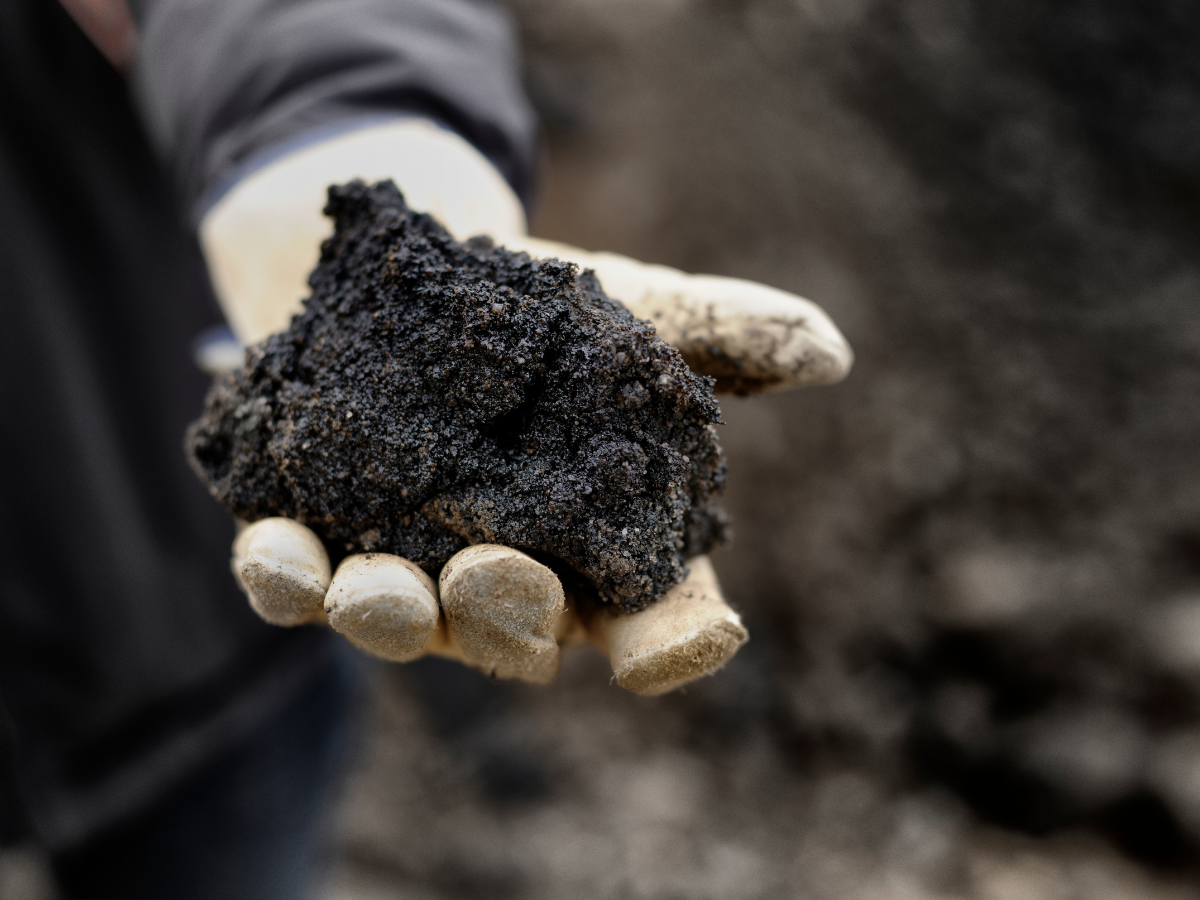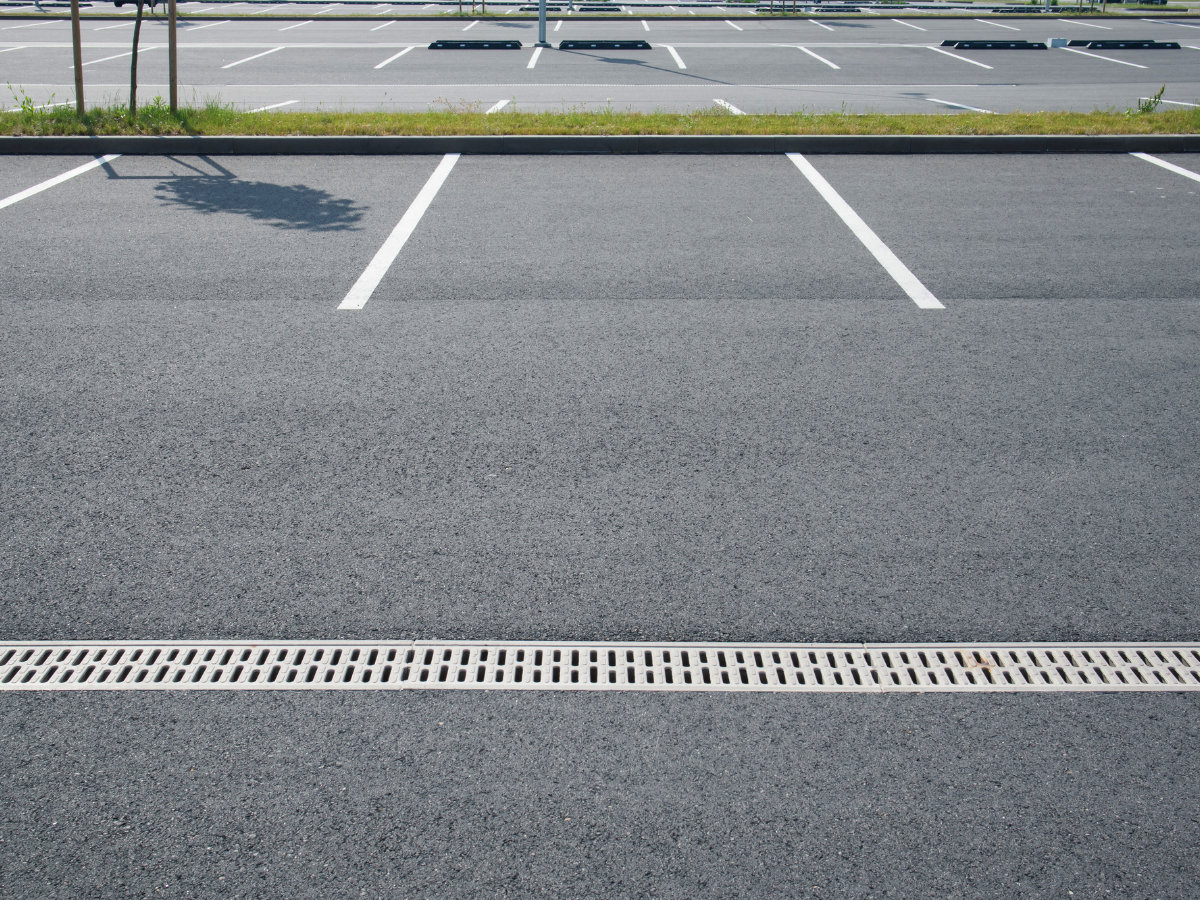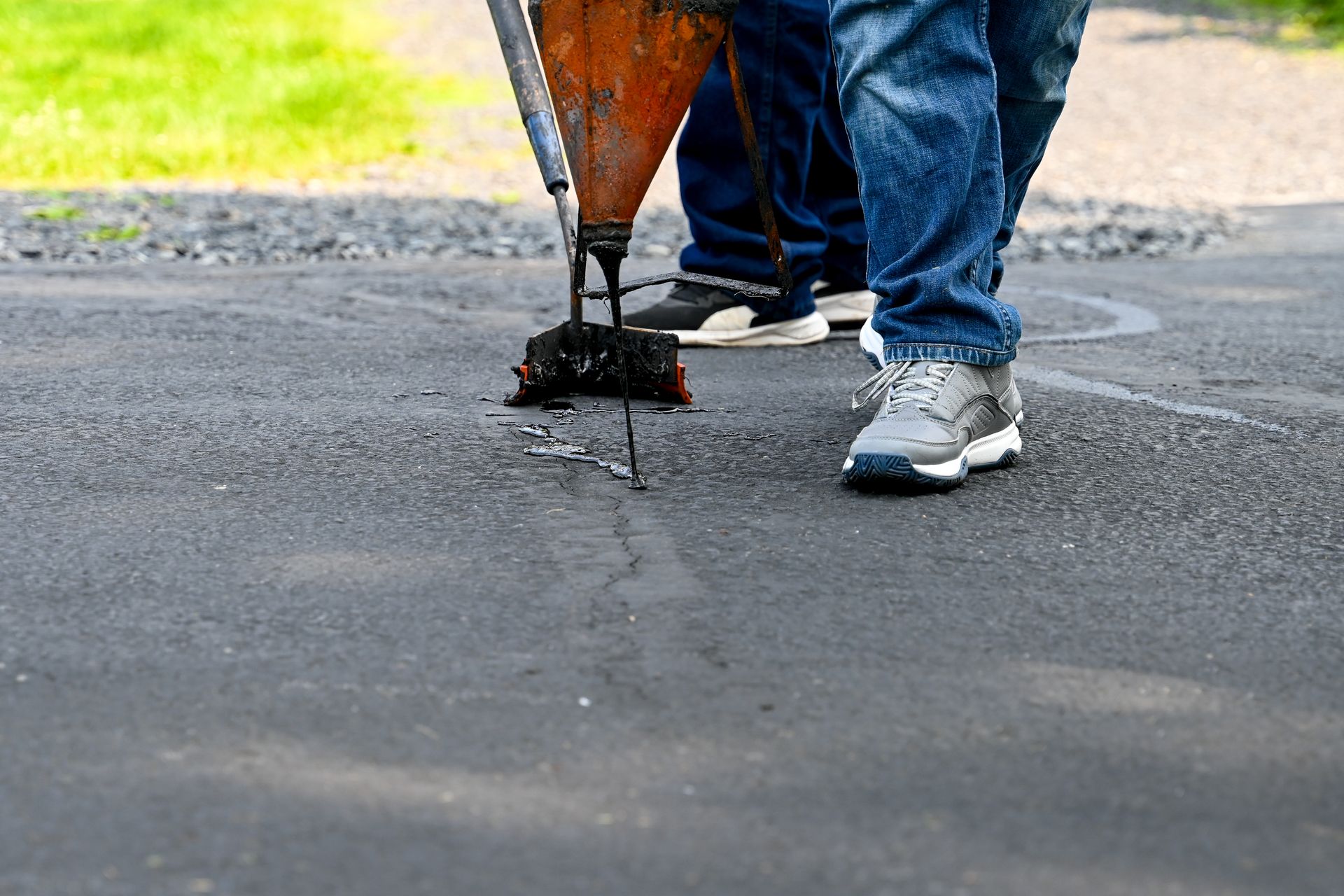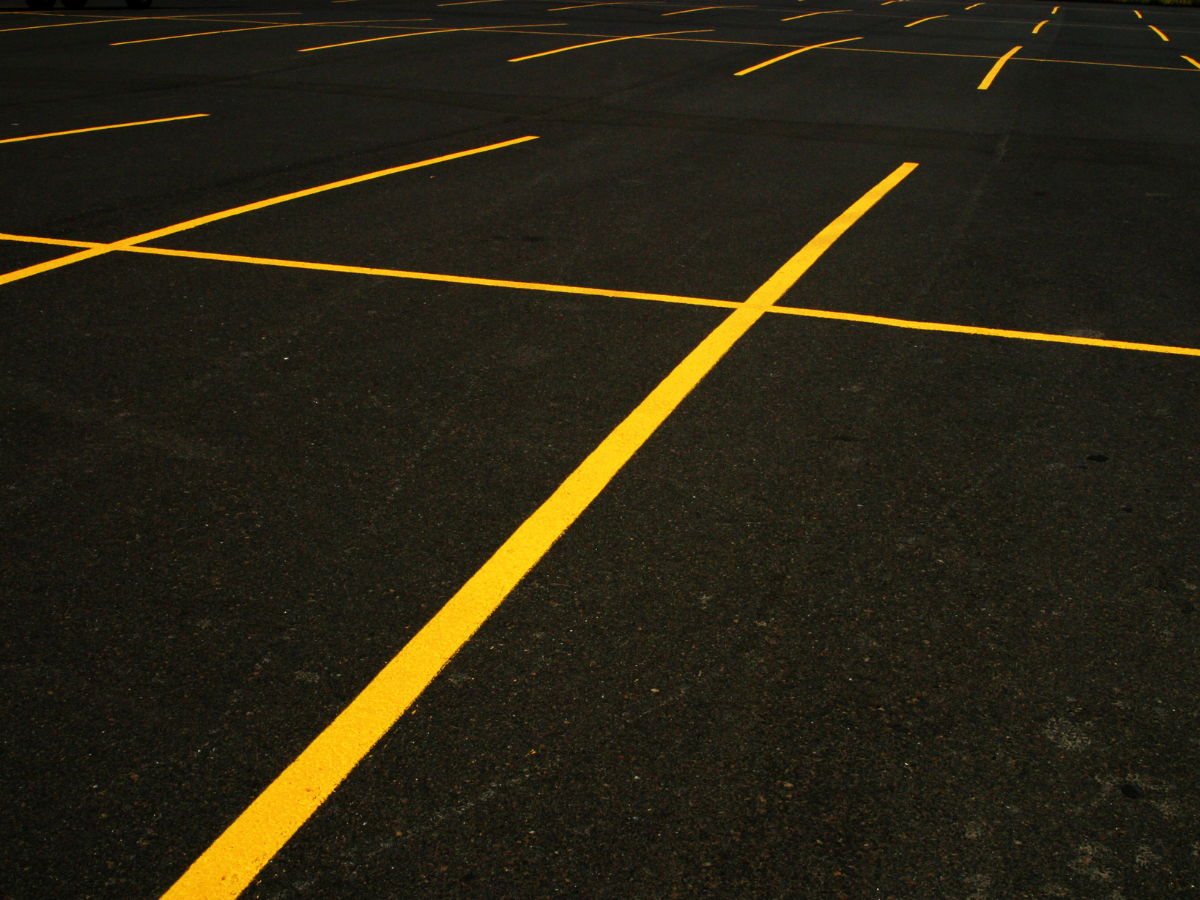How Cold Weather Affects Sealcoating
In the realm of asphalt maintenance, sealcoating stands out as a pivotal procedure, enhancing both the longevity and aesthetics of paved surfaces. However, an often-overlooked aspect is the impact of cold weather on this essential process. Whether it's a driveway or a parking lot, understanding the interplay between temperature and sealcoating can make all the difference in maintaining pavement integrity.
Photo By: EAPA
The Science Behind Sealcoating
Sealcoating is essentially the application of a protective layer over asphalt surfaces. This layer acts as a barrier against elements such as water, oils, and UV damage, all of which can significantly deteriorate asphalt over time. The sealant used in this process is a blend of asphalt cement, water, mineral fillers, and other additives to enhance durability and appearance.
Why Seal Asphalt?
One might wonder, why is there a need to seal asphalt? The answer lies in its composition. Asphalt is a mixture of aggregates, binder, and filler, which can degrade when exposed to environmental elements. Sealcoating shields these components, thus extending the pavement's lifespan and reducing maintenance costs. Moreover, it enhances the visual appeal of the surface, providing a smooth, jet-black finish.
Impact of Cold Weather on Sealcoating
Temperature Considerations
The success of a sealcoating operation is heavily dependent on temperature. The ideal temperature to seal asphalt is around 50°F and rising. Cold weather presents a unique set of challenges that can compromise the effectiveness of sealcoating.
- Curing Time: Cold temperatures can significantly slow down the curing process. Sealant requires a specific amount of heat to properly dry and adhere to the surface. In cooler climates, this process is delayed, leading to potential issues with adhesion and overall effectiveness.
- Application Challenges: Cold weather can also affect the application of the sealant. The viscosity of the sealant increases in low temperatures, making it difficult to spread uniformly across the asphalt surface. This can result in uneven coverage and reduced protection.
- Suboptimal Bonding: In cold conditions, the bond between the sealant and the asphalt may not form adequately. This weak bond can lead to premature wear and tear, rendering the sealcoat ineffective.
How Cold is Too Cold?
The question often arises, "How cold is too cold for sealcoating?" As a rule of thumb, sealcoating should not be performed when temperatures drop below 50°F. Additionally, it's crucial to consider the forecasted temperatures for the following 48 hours to ensure optimal curing conditions.
Adapting to Cold Weather Challenges
Timing the Sealcoating Process
To mitigate the effects of cold weather, timing is everything. Spring and summer are typically the best seasons for sealcoating, offering warmer temperatures that facilitate proper curing.
However, if you must sealcoat during colder months, aim for a sunny day with rising temperatures to maximize your chances of success.
Choosing the Right Sealant
Certain sealants are specifically formulated to perform better in colder conditions. These sealants often contain additives that enhance flexibility and adhesion, even when temperatures are less than ideal. Consult with a professional to select the appropriate product for your climate.
Professional Application
Given the complexities of cold weather seal coating, it may be beneficial to enlist the services of a professional. Experienced contractors have the knowledge and equipment necessary to adjust techniques and ensure that the sealcoat is applied correctly, regardless of the temperature.
How Often Should You Get Your Driveway Sealed?
Frequency of sealcoating depends on several factors, including traffic volume and environmental conditions. However, a general recommendation is to sealcoat residential driveways every 2-3 years. For commercial parking lots, which endure heavier traffic, annual applications may be necessary to maintain optimal protection.
Factors Influencing Sealcoating Frequency
- Traffic Load: Heavily trafficked areas will require more frequent sealcoating to prevent degradation.
- Weather Conditions: Harsh weather, particularly extreme cold or heat, can accelerate the wear on asphalt, necessitating more frequent applications.
- Surface Condition: The existing condition of the asphalt also dictates how often it should be sealed. If the surface is already showing signs of wear, such as cracks or fading, a new layer of sealant might be necessary sooner than later.
Photo By: The Washington Post
Post-Sealcoating Care
How Long to Stay Off Driveway After Sealing
After sealcoating, it is crucial to allow sufficient time for the sealant to cure. Typically, a minimum of 24-48 hours is recommended before allowing foot or vehicle traffic on the surface. Cold weather may extend this timeframe, so it's essential to monitor the curing process and adjust accordingly.
Maintenance Tips
To prolong the effectiveness of sealcoating, regular maintenance is key. This includes:
- Prompt Repair of Cracks: Address any cracks or holes in the asphalt promptly to prevent moisture infiltration and further damage.
- Regular Cleaning: Keep the surface clean to prevent the buildup of debris and stains that can compromise the sealcoat.
- Avoiding Harsh Chemicals: Steer clear of using harsh chemicals or de-icers on the sealed surface, as they can degrade the sealant.
Conclusion
At NextGen Great Sealcoating, we understand that sealcoating is a vital aspect of asphalt maintenance, providing essential protection against environmental damage and significantly extending the lifespan of your paved surfaces. However, it’s crucial to acknowledge the challenges presented by cold weather that can affect the sealcoating process, from application to curing. By grasping these challenges and implementing effective strategies, you can maintain the long-term effectiveness of your sealcoating efforts, regardless of the season.
Whether you're considering driveway sealant for your home or commercial parking lot sealcoating for your business, investing in quality services is a wise decision that not only safeguards your investment but also enhances the visual appeal of your property. Don't let cold weather deter you from protecting your asphalt surfaces! For expert guidance and professional sealcoating services tailored to your needs,
contact us at NextGen Great Sealcoating today!


